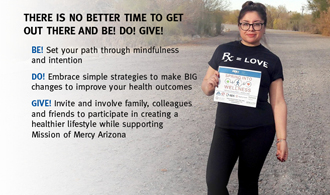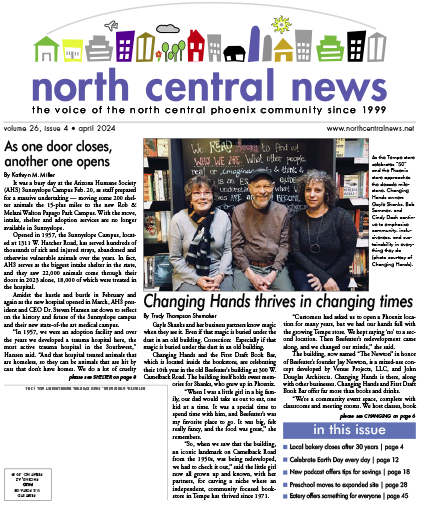The COVID-19 pandemic and other stressors can cause children to experience Post Traumatic Stress Disorder (PTSD), but there are steps parents can take to help them cope.
Dr. Ramiz Audi, medical director for Arizona’s Children Association (AzCA), said children even younger than 6 years old can experience exposure to trauma including suffering physical or sexual harm, feeling the threat of death, witnessing horrific events, seeing loved ones hurt and/or abused and suffering psychological abuse and neglect. Those types of trauma can trigger PTSD.
Audi said parents and caregivers can watch for many signs that a child is going through PTSD, including symptoms of depression, anxiety, increased irritable behavior, angry outbursts with little provocation, nightmares, headaches, stomach aches, as well as trouble sleeping and eating. He added older children and adolescents can suffer more complex PTSD symptoms including dissociative episodes and flashbacks. An involuntary escape from reality characterized by a disconnection between identity, thoughts, consciousness and memory is a sign of a dissociative disorder, according to the National Alliance on Mental Illness.
Audi said the first line treatment for children and adolescents who are suffering from PTSD is trauma-focused cognitive behavioral therapy. He urges parents and caregivers to find a therapist who has experience working with children and families that offers a relational approach to treatment and lets the child lead the session. Audi recommends parents and caregivers ask children how comfortable they felt with the therapist after one or two sessions.
He said another way to help youths is by creating a safe space at home. Audi suggests parents minimize judgment and spend quality time with their children. A parent or caregiver’s role is to support the child and adolescent in regulating their responses to events and returning to a calm state of mind. Audi recommends parents find their own support to help them handle their emotional responses to their children’s needs.
He said many factors of the pandemic can threaten children’s mental health. Audi said teenagers might feel a sense of loss and sadness because they could not participate in activities they normally enjoyed. Younger children might become anxious or suffer a delay in their social-emotional development, which can lead to hyperactivity due to boredom. Audi said a child who has an autism spectrum disorder might become confused or feel unsafe or that they have lost control because of a break in their usual routine. Parents can help children by allowing them to grieve and acknowledging that the situation is a big deal for them.
If you need a therapist or counselor for your child, the AzCA has many sites around Arizona that you can contact. To learn more, visit www.arizonaschildren.org/behavioral-health.










































